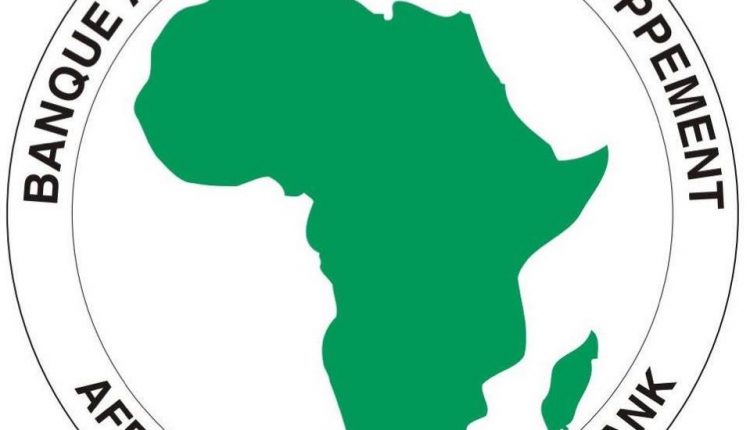Leadership Transition at African Development Bank: Sidi Ould Tah Assumes Office
Addis Ababa, September 1, 2025 (FMC) – The African Development Bank Group (#AfDB) and the government of Côte d’Ivoire today held the swearing-in ceremony of Dr. Sidi Ould Tah as the institution’s incoming President in Abidjan, Côte d’Ivoire.
The event was chaired by Ludovic Ngatsé, Chair of the Board of Governors of the African Development Bank Group and Minister of Economy, Planning and Regional Integration of the Republic of Congo. The ceremony marks a significant leadership transition for Africa’s premier multilateral financial institution.
Dr. Tah, 60, a national of the Islamic Republic of Mauritania, was elected to the position on May 29, 2025, in Abidjan by the Bank Group governors representing all 81 member countries—54 African and 27 non-regional—garnering 76.18 percent of the votes. He succeeds Nigerian Akinwumi Adesina, whose ten-year tenure concluded following a decade of transformative reforms and major development achievements across the continent.
Taking the oath of office before the Bank’s governors—typically ministers of finance and central bank governors from member countries—Tah becomes the ninth President of the African Development Bank Group.
The ceremony was attended by heads of state and government, including Côte d’Ivoire President Alassane Ouattara and Mauritania President Mohamed Ould Ghazouani, alongside representatives of international institutions, development partners, diplomats, private sector and civil society actors, members of the Board of Directors, and staff of the African Development Bank Group.
A renowned economist, Tah brings extensive experience in development finance and international cooperation. Prior to his election as AfDB President, he served as President of the Arab Bank for Economic Development in Africa (BADEA) since 2015.
His election reflects shareholders’ commitment to further strengthening the Bank’s role as a catalyst for development finance, regional integration, and climate resilience across Africa.

